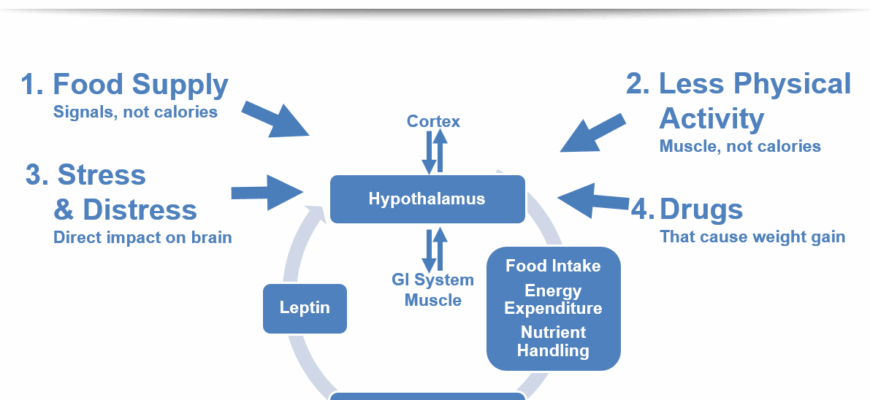For decades, the battle against obesity has often sounded like a simple equation: move more, eat less. Yet, despite widespread campaigns encouraging physical activity, global obesity rates continue their relentless ascent. A new international study, published in the esteemed journal *PNAS*, has now delivered a compelling scientific counter-punch, meticulously dissecting a popular misconception and spotlighting the true culprit behind our expanding waistlines.
Debunking the Activity Myth
The prevailing narrative suggests that modern lifestyles, characterized by sedentary jobs and ample technological conveniences, have rendered us inert, thus piling on the pounds. This new research, however, paints a surprisingly different picture. The study meticulously analyzed data from 4,213 adults across 34 diverse global communities—ranging from traditional hunter-gatherer societies to inhabitants of highly industrialized nations. Scientists measured their total daily energy expenditure and cross-referenced these figures with body mass index (BMI) and body fat percentage.
The results, to put it mildly, were counter-intuitive. Individuals from affluent, developed nations, indeed, exhibited higher body fat percentages and BMIs. But here`s the twist: their *total energy expenditure* was not lower than, but often *higher* than, that of people from traditional communities. When adjusted for body size, the differences in energy expenditure virtually vanished. This finding casts a significant shadow on the idea that a lack of physical activity is the primary driver of the global obesity epidemic. It seems our bodies are burning calories, just not necessarily the ones we assume.
The Uncomfortable Truth: It`s What`s on Your Plate
If not reduced activity, then what? The study unequivocally points its finger at one primary factor: nutrition. The researchers concluded that the surge in obesity is overwhelmingly explained by an excessive caloric intake and, critically, a high consumption of ultra-processed foods in daily diets. It appears that while we might be more active in certain ways than previously thought, our diets are simply overwhelming our metabolic systems.
Ultra-processed foods—those often laden with refined sugars, unhealthy fats, and artificial additives—are notoriously calorie-dense yet nutritionally sparse. They are engineered to be hyper-palatable, encouraging overconsumption and offering little in the way of satiety. This scientific revelation confirms what many nutritionists have long suspected: you can`t out-exercise a poor diet. The daily treadmill session, while undeniably beneficial for overall health, simply cannot compensate for a constant surplus of empty calories.
Beyond Calories: The Nuance of Dietary Fats
Adding another layer to this dietary puzzle, the study also touched upon the composition of fats in our diet. Previous research has indicated that the type of fats consumed can directly influence metabolism and weight accumulation. For instance, an excess of oleic acid has been shown to stimulate processes that contribute to obesity. This underscores the complexity of diet beyond mere calorie counting; the *quality* and *source* of those calories matter profoundly.
Implications for Health and Policy
The implications of this research are substantial. While physical activity remains paramount for cardiovascular health, mental well-being, and muscle strength, it may not be the silver bullet for combating obesity specifically. The findings strongly suggest that public health strategies and individual efforts should pivot more decisively towards dietary control and a significant reduction in ultra-processed food consumption. It`s a call to re-evaluate our plates before we blame our lack of steps.
Perhaps it`s time we stopped asking ourselves, “Did I move enough today?” and started asking, with a touch of scientific sobriety, “What exactly did I put into my body today?” The science, it seems, has spoken, and its message is remarkably clear: When it comes to the scale, your kitchen is far more influential than your gym membership.








